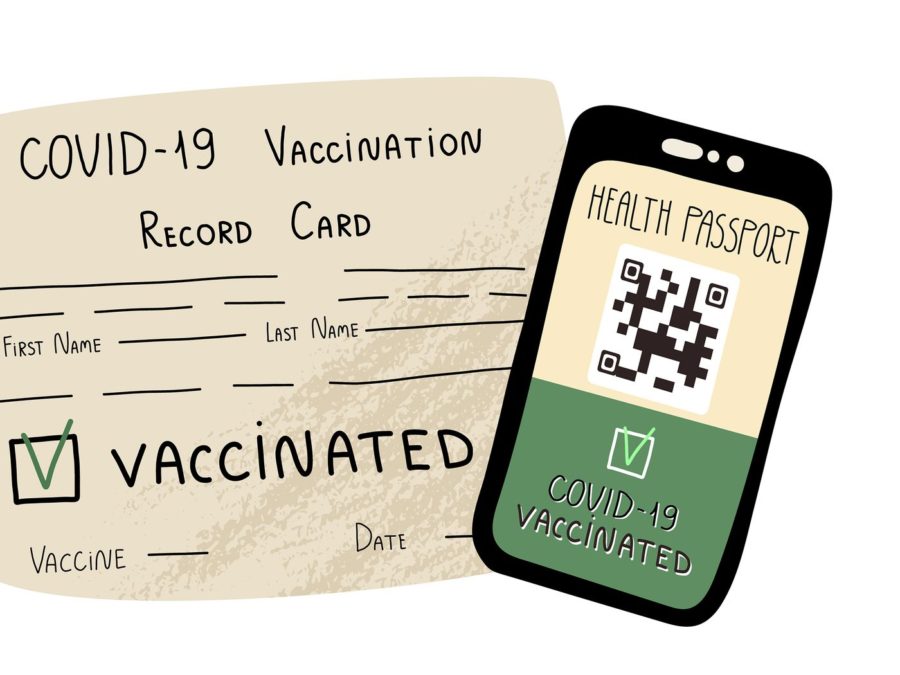RIO DE JANEIRO, BRAZIL – The Brazilian government yesterday ordered a ban on dismissals for just cause of workers who choose not to be vaccinated against Covid-19, according to a Ministry of Labor and Welfare ordinance.
“We are protecting workers and their freedom of choice,” said President Jair Bolsonaro’s Minister of Labor Onyx Lorenzoni, after private companies and the São Paulo city government decided to make vaccination mandatory for their employees and outsourced workers.

Most of the country has resumed full economic activities, although the vaccination certificate is required to access closed areas and now many companies have begun to demand it from their employees and potential new hires.
The state of São Paulo yesterday authorized shows, nightclubs and soccer matches with full occupancy, albeit demanding mask use and presentation of a two-dose vaccine certificate.
Some 72% of the state population has been vaccinated with one dose, while 53% is fully immunized.
“It is a discriminatory practice to require a vaccination certificate in selective admission processes for workers, as well as dismissal for just cause of an employee for failure to present a vaccination certificate,” reads the labor portfolio resolution.
In case of dismissal or failure to be hired due to lack of vaccination, the resolution states that the employee may choose to be reinstated or receive compensation in double.
Bolsonaro has maintained a network of international supporters from European and U.S. anti-vaccine groups, despite the fact that his sons have been vaccinated, as well as his wife, Michelle, receiving a Janssen dose in the U.S. and not in the Brazilian health system.
The President said he was opposed to authorizing vaccination of children under 12 years of age, something that has not yet been authorized by the Brazilian health regulator ANVISA.

